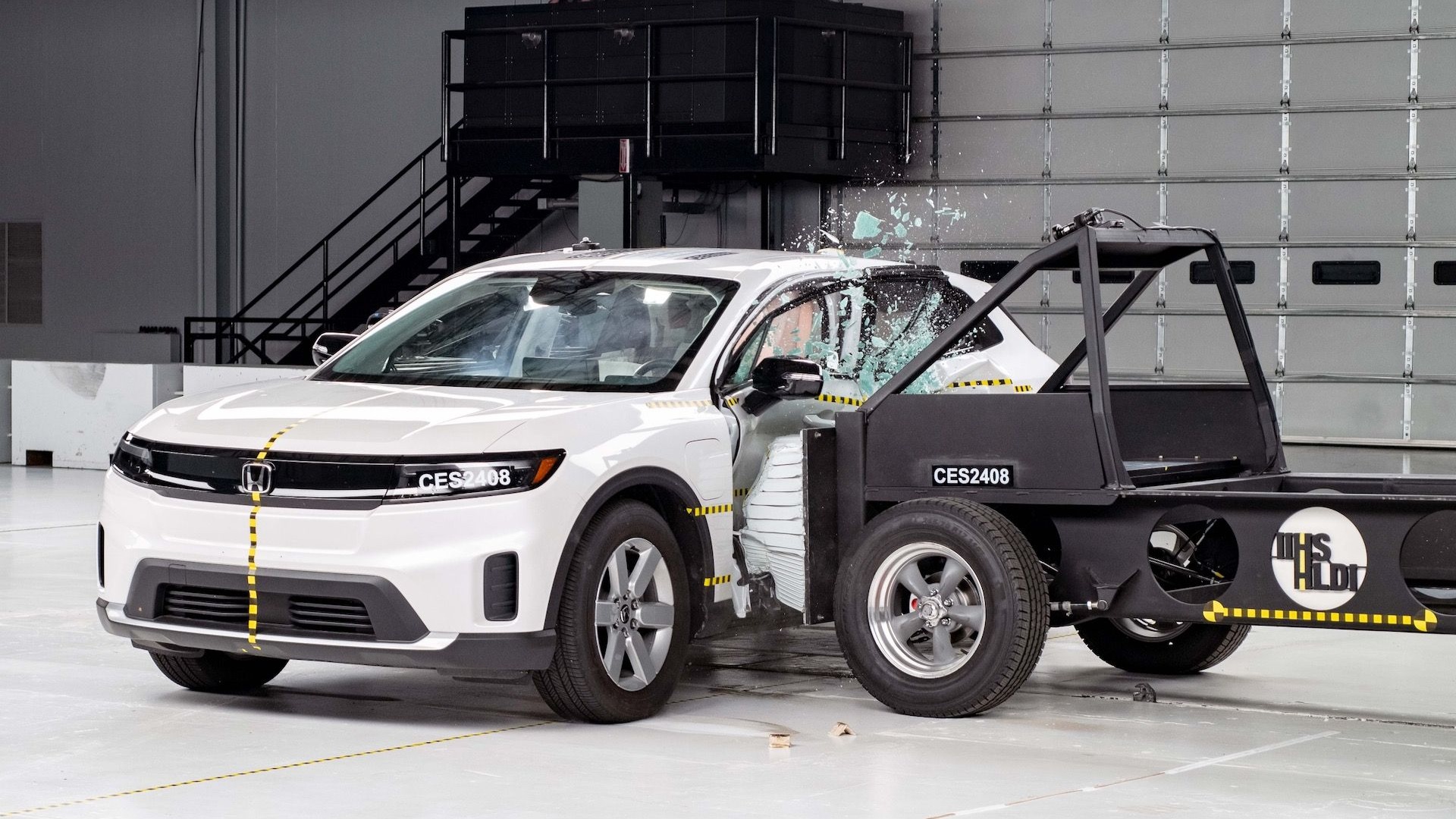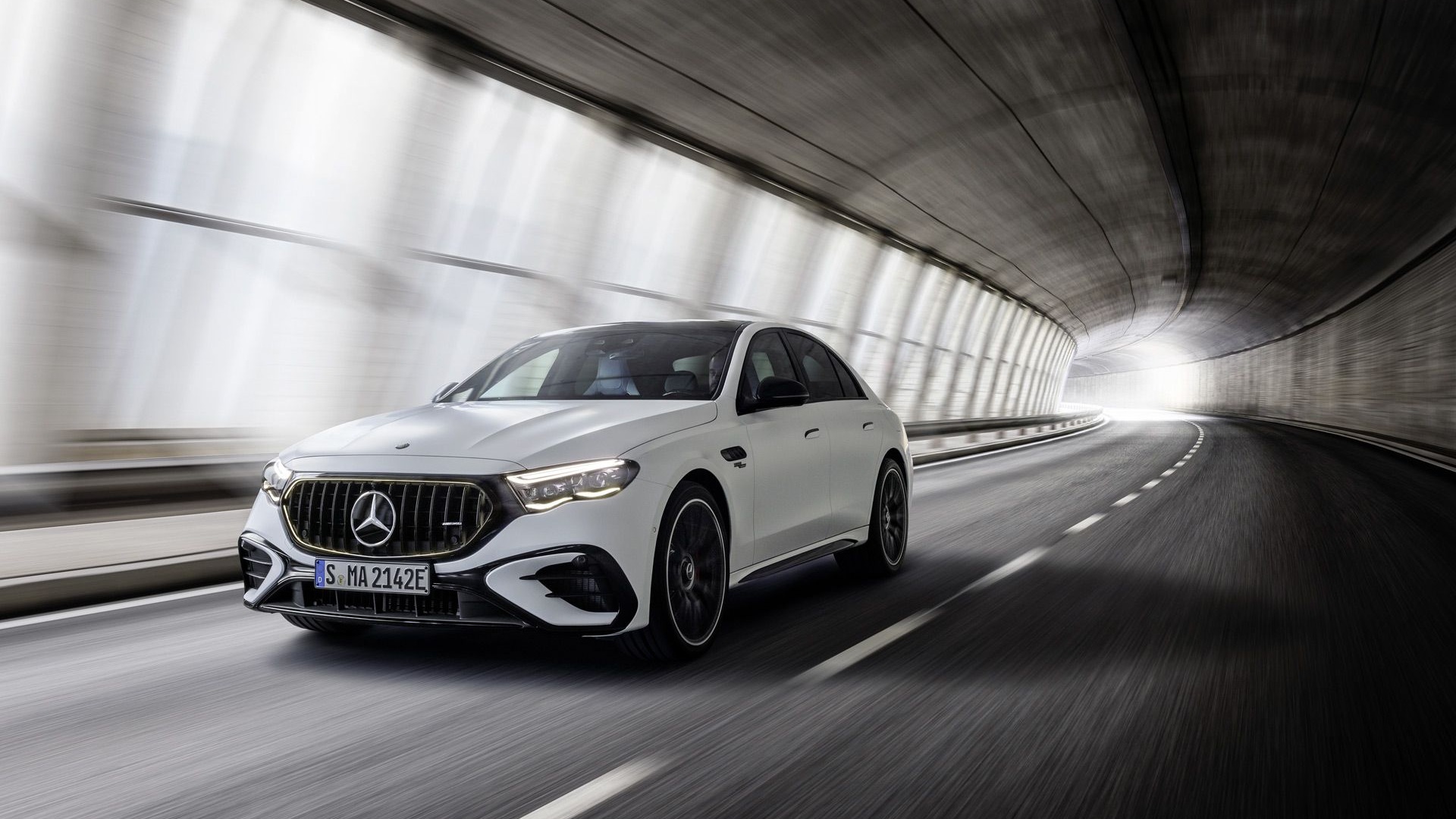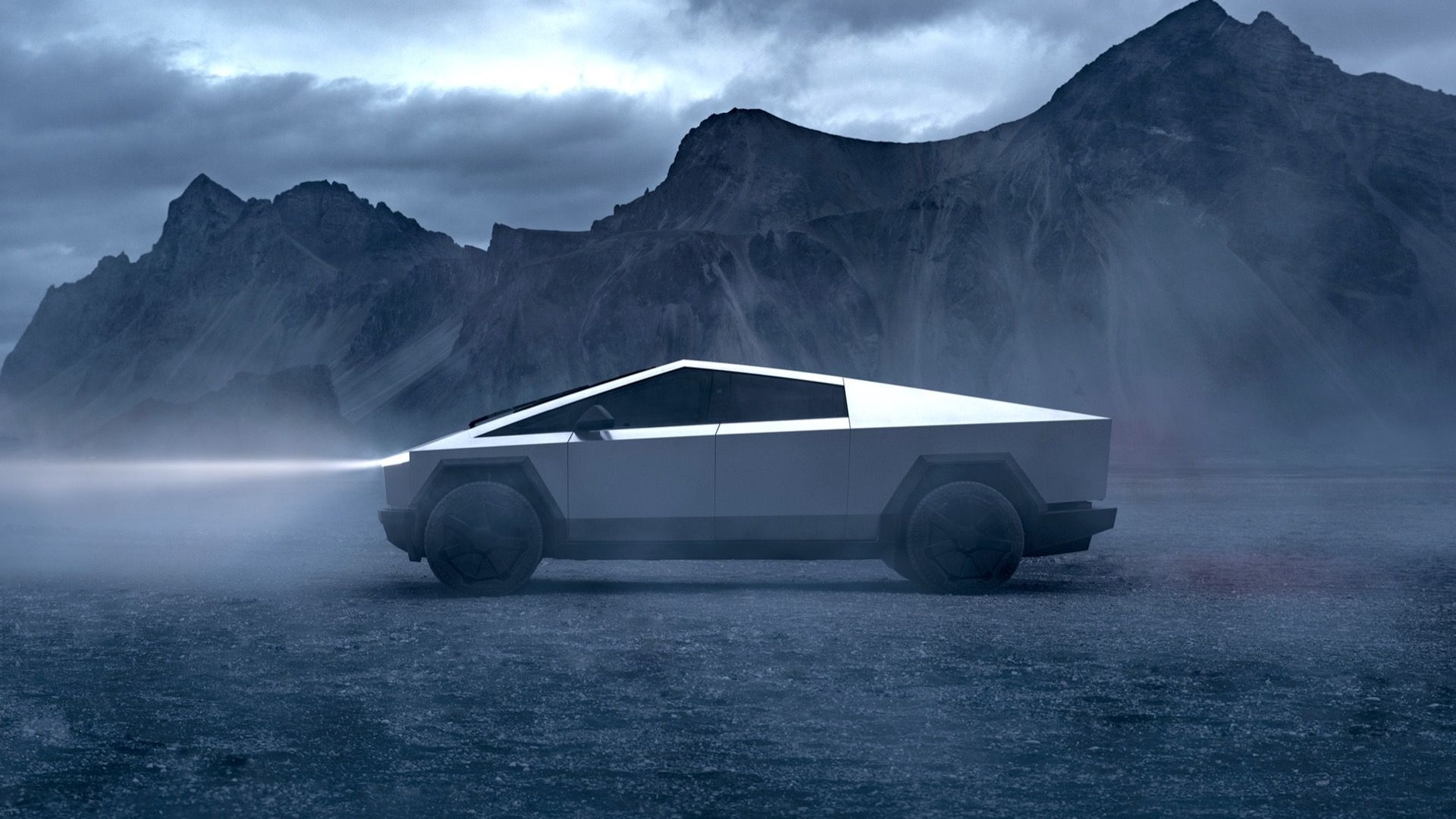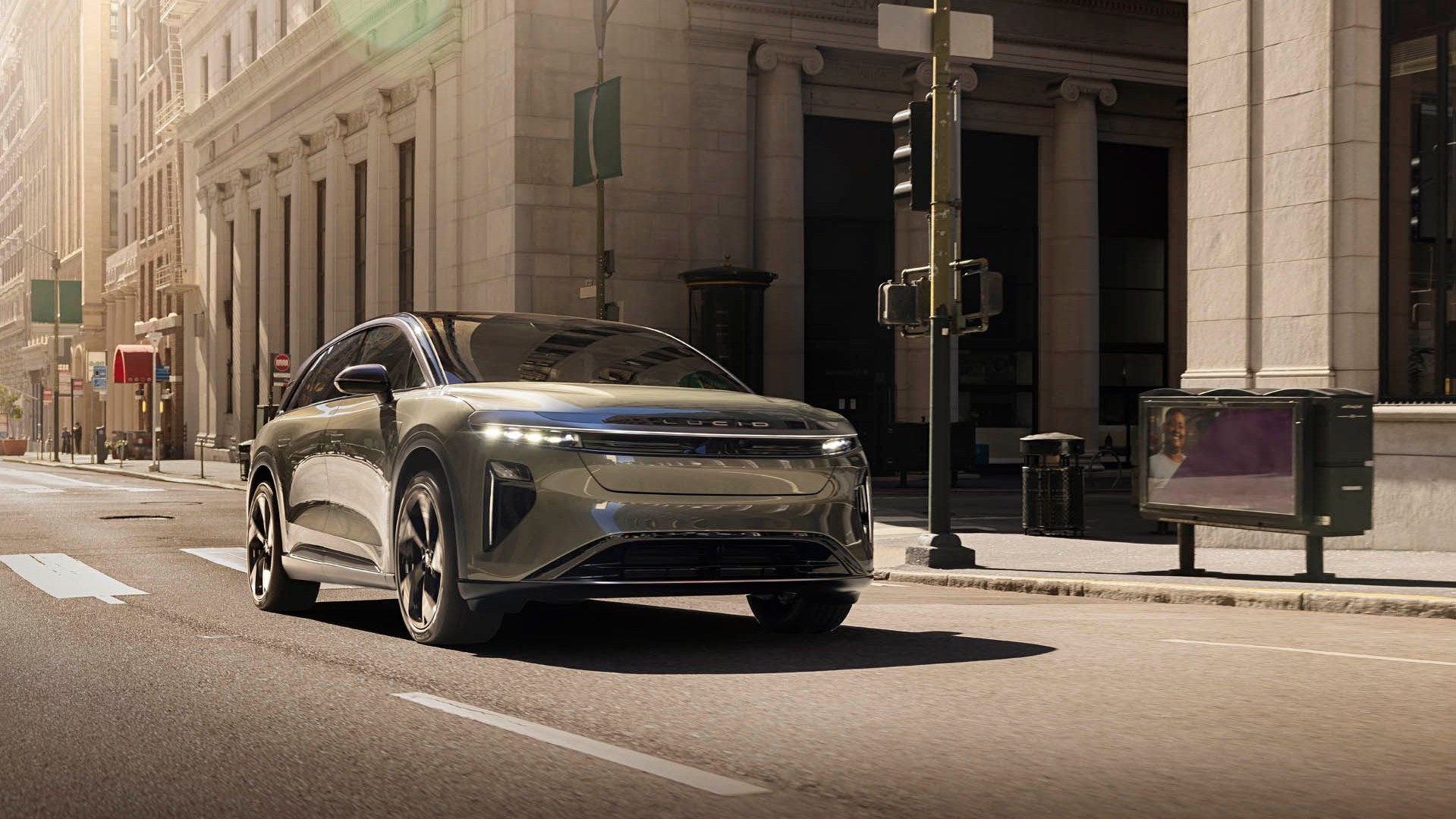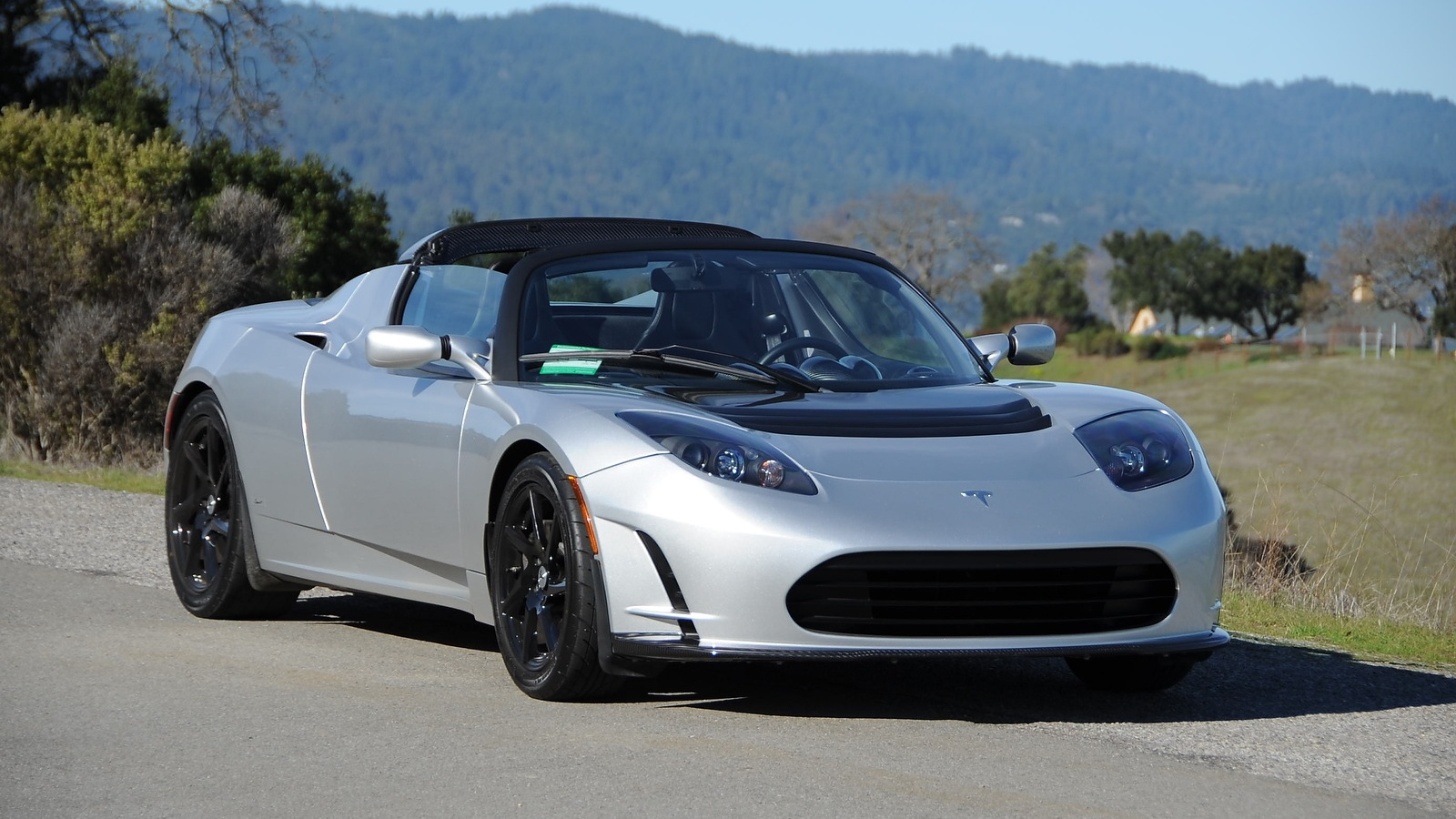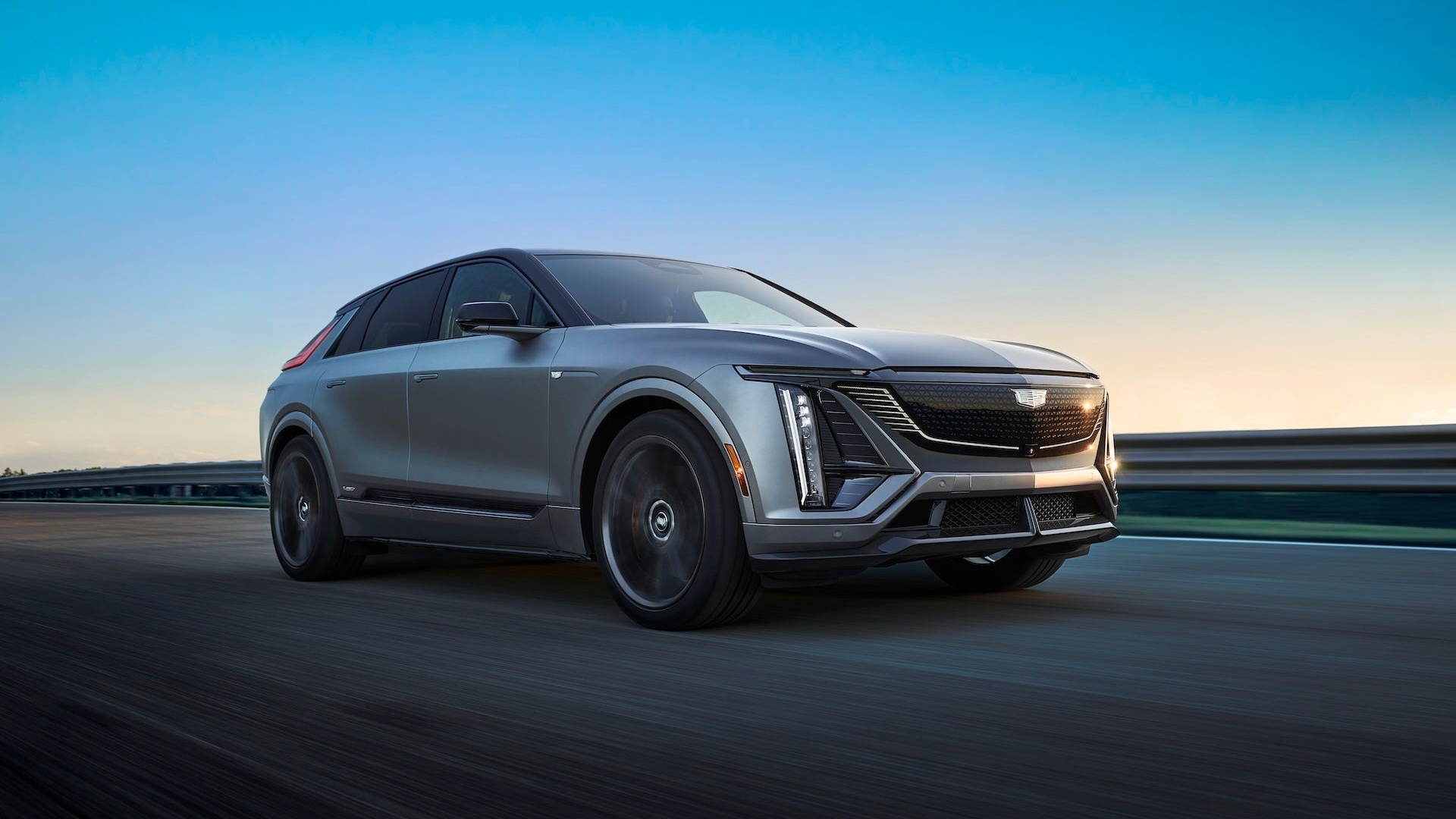After announcing a global recall of 82,000 electric vehicles to replace a faulty battery pack, Hyundai and the National Highway Traffic Safety Administration (NHTSA) have confirmed which vehicles in the United States are affected.
The U.S. recall includes 4,694 Hyundai Kona Electric vehicles from model years 2019 and 2020, as well as two 2020 Hyundai Ioniq Electric vehicles, according to the NHTSA recall report. The 2021-model-year versions of both vehicles are not affected.
All affected vehicles use battery cells produced by LG Energy Solution, the battery division of South Korean electronics giant LG. All affected cells were manufactured at LG's Nanjing, China, factory, the NHTSA confirmed. In these cells, the anode tab may be folded, which could allow lithium plating to contact the cathode, resulting in an electrical short, according to the recall report.
Hyundai first became aware of the problem in 2019, when it received reports of Kona Electric vehicles catching fire in South Korea, Canada, and Europe, according to a chronology accompanying the recall report. In March 2020, the automaker released an update for the battery-management system aimed at addressing the problem.
A U.S. recall was issued in October 2020. This involved installing the updated battery-management software, as well as a physical inspection of the battery pack at a dealership, and an advisory to park outdoors and away from structures until the remedy.
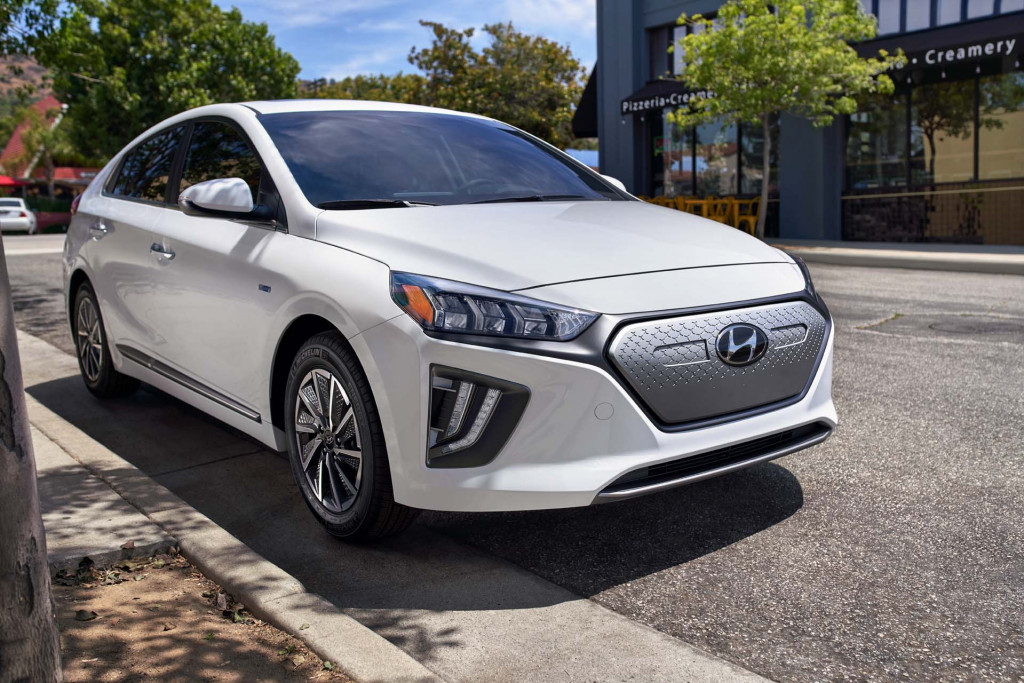
2020 Hyundai Ioniq Electric
More than a dozen Kona Electric vehicles internationally have caught fire, although Hyundai isn't aware of any in the United States. The automaker decided to proceed with the latest recall after a vehicle with the updated battery-management software caught fire.
Hyundai will replace battery packs free of charge, and is expected to begin the recall April 30. In the meantime, owners can install yet another battery-management update through their vehicles' infotainment systems, or have it done at a dealership. Hyundai is also once again advising owners to park outside and away from structures until at least the software update is complete.
Although Hyundai is the parent company of Kia, equivalent models, including the Kia Niro EV and Kia Soul EV sold overseas, are not affected by the recall. They use battery cells from rival South Korean firm SK Innovation. Earlier this month, the U.S. International Trade Commission voted to effectively ban SK from the U.S.—with some exceptions—due to a dispute with LG Energy Solution.
The Chevrolet Bolt EV also uses battery cells from LG Energy Solution, but Chevy hasn't confirmed whether it has used any of the affected cells. Reports from South Korea have noted that it uses different separators, but it's clear from the Hyundai recall details that isn't the issue. The automaker is in the midst of recalling older Bolt EV models over a separate issue.
Last month, Hyundai announced a handful of updates for the 2022 Kona Electric, which isn't affected by the recall. It gets a cleaner look and upgraded infotainment system, but range and efficiency remain the same.


